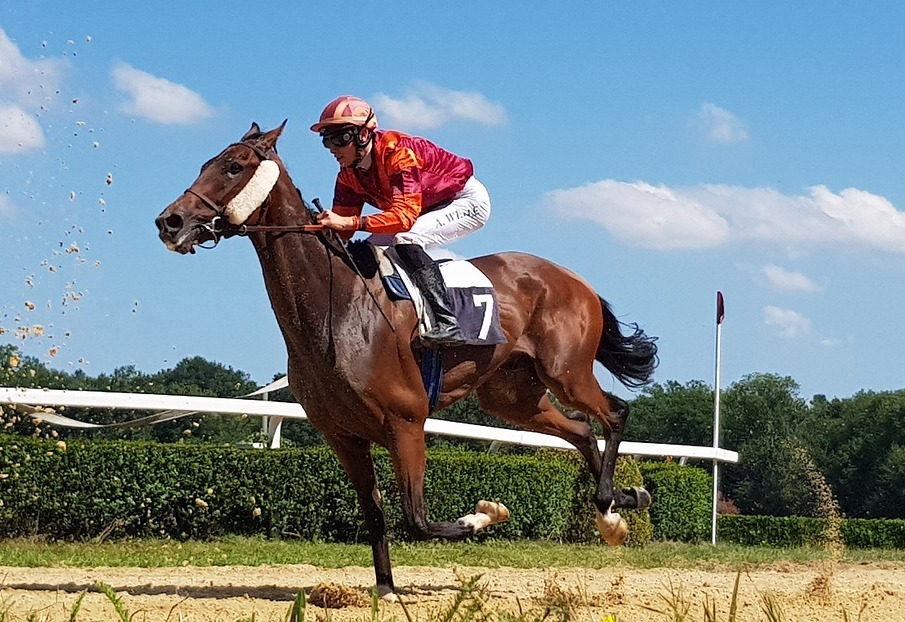At the time of writing, most gambling activities in Brazil are prohibited, but because of a change across the political landscape, it has led to attitudes changing too, which ultimately represents a positive where iGaming and gambling are concerned. The incredible rise of online sports betting perfectly reflects the dominance of the entire online iGaming sector, so you could say it’s inevitable that a country such as Brazil will want to capitalise on this, especially when sports betting was legalised back in 2018.
A look at the current gambling situation shows that the country’s current market is worth around $2.1 billion. This is made up of the activities like the Brazilian lottery and betting on horse racing in the main, and there is expected to be a climb in revenue from the sector of a minimum of $500 million, taking the overall total to $2.6 billion by the year 2026. But this will depend on a couple of things, one being the digitalisation of Brazil, and the second is the expected changes where legislation surrounding gambling is concerned.
As we mentioned earlier, sports betting got the thumbs up from the government in 2018, and with that came a window of four years where there was the hope of developing offline and online sports betting markets and establishing the sector in Brazil. So, this is why so many are now waiting in anticipation to see what comes next in terms of legislation, as it’s due any time now.
The hot topic is how things will pan out for iGaming, with Congress in Brazil currently discussing the pros and cons, and there is a chance that more gambling activities could receive approval in due course. Of course, approval is the first step, but it will take a while for the country to get up to speed as it’s totally new to iGaming. Land-based casinos have only very recently been given the thumbs up, which tells you everything you need to know about where Brazil is at in terms of its gambling industry.
The reality remains the same, and that is that Brazil is a sleeping giant because of the size of the country and how much the iGaming sector, for example, could and would thrive if approved. But, until the government passes that approval, the giant will very much remain sleeping. And this ultimately means Brazilians and those living in the country will more than likely gamble online using services from outside of the region, and it’s Brazil and the government that will miss out on the chance to rake in the cash via approving licenses and so on.
